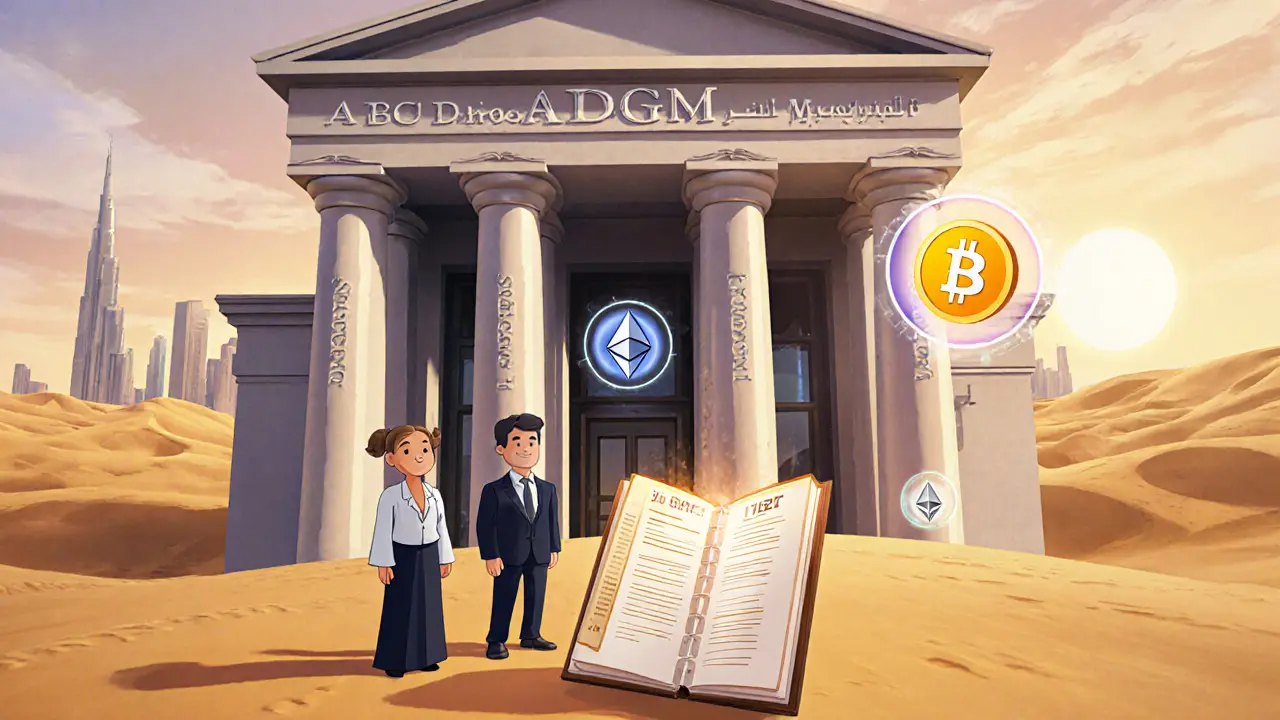FSRA Licensing: What It Means for Crypto Companies
When talking about FSRA licensing, the framework set by Singapore's Financial Services Regulatory Authority that governs digital token services, exchanges and related activities. Also known as Singapore crypto license, it requires firms to meet strict capital, governance and consumer protection standards. MAS licensing, the broader licensing regime administered by the Monetary Authority of Singapore sits above FSRA licensing and determines which tier a business falls into. Meanwhile, the Payment Services Act, Singapore’s 2020 law that introduced the digital token service provider (DTSP) category provides the legal base for the license.
FSRA licensing encompasses compliance, risk management and consumer safeguards. In other words, a firm must prove it can prevent money‑laundering, protect user funds and disclose clear terms. This requirement directly influences how exchanges design their onboarding flow, because the AML compliance clause forces KYC checks before any transaction. The licensing also requires regular audits, tying into the broader Singapore crypto regulations that aim to keep the market transparent. If you’re a startup looking to launch a stablecoin, the stablecoin framework under the same act tells you how to back your token with real assets and report holdings to regulators.
Key Components of FSRA Licensing
First, capital adequacy: firms need a minimum of SGD 250,000 in liquid assets, which the MAS checks during the license review. Second, governance: a board with at least one independent director and a clear risk‑management policy is mandatory. Third, AML and CFT obligations: ongoing transaction monitoring, suspicious activity reporting and a robust KYC system are non‑negotiable. Fourth, consumer protection: clear disclosures about fees, lock‑up periods and redemption rights must be posted on the platform. Finally, technology resilience: regular penetration testing and a disaster‑recovery plan keep user funds safe.
These elements are not isolated. The AML and CFT obligations connect to the broader Singapore crypto regulations, which also dictate how stablecoins are audited. The governance requirement links to MAS licensing tiers, meaning a Tier 1 DTSP (digital token service provider) faces lighter capital rules than a Tier 2 exchange but still must meet the same governance standards. In practice, this creates a tiered ecosystem where small DeFi projects can operate under a lighter regime while large centralized exchanges carry the heavy compliance load.
Why does this matter for you? If you’re comparing crypto exchanges, the FSRA licensing status instantly tells you whether the platform has passed MAS’s rigorous checks. A review of platforms like Deliondex, Barginex or CryptoBridge shows how licensing (or the lack of it) affects security, fees and user trust. Likewise, when evaluating an airdrop or token launch, noting whether the issuer holds an FSRA license helps you spot potential red flags before you invest.
Understanding FSRA licensing also helps you navigate the upcoming changes under the 2025 FSMA overhaul. The new rules tighten AML reporting thresholds and introduce a digital asset custodial standard, which will further differentiate licensed providers from unregulated ones. Staying ahead of these shifts means you can adapt your compliance program early, avoid fines, and keep your customers confident.
Below you’ll find a curated collection of articles that break down specific exchanges, airdrop scams, tokenomics, and regulatory updates—all tied back to the FSRA licensing framework. Dive in to see how each piece ties into the licensing requirements, what red flags to watch for, and how you can apply these insights to your own crypto activities.
ADGM Crypto Regulation Guide: Abu Dhabi’s 2025 Framework
A concise guide to Abu Dhabi Global Market's 2025 crypto framework, covering licensing, prohibited tokens, cybersecurity rules, and how ADGM differs from Dubai's VARA and the UAE SCA.
